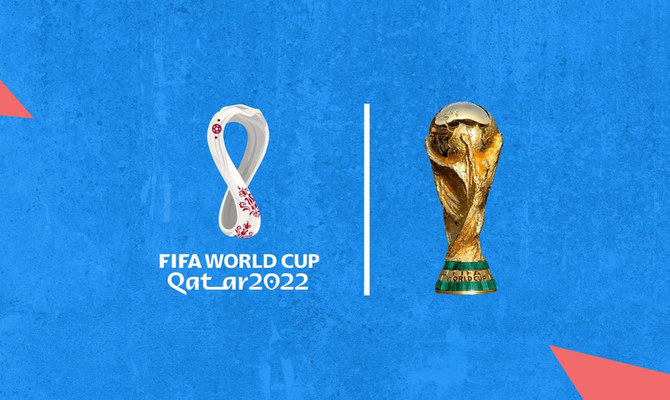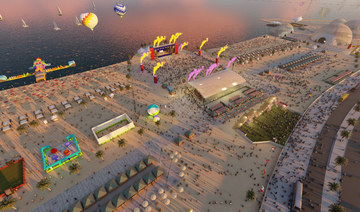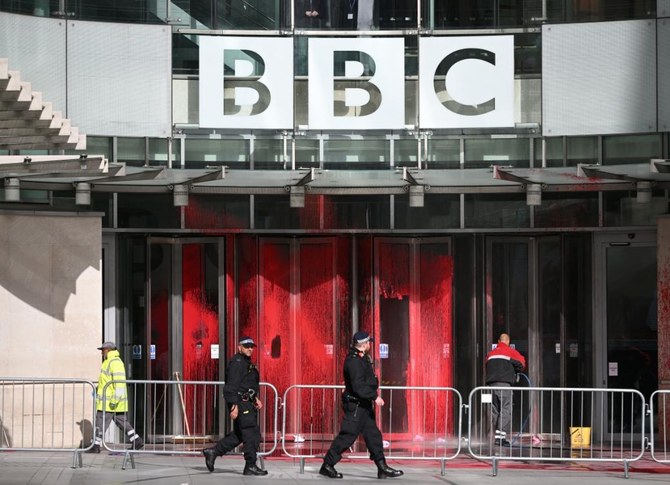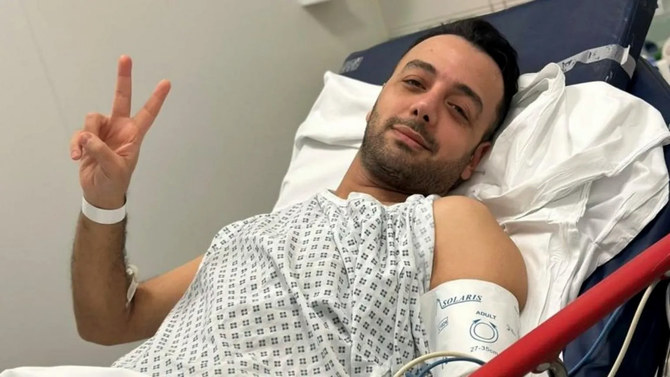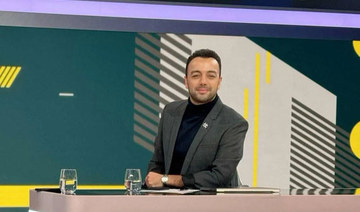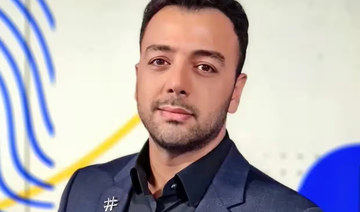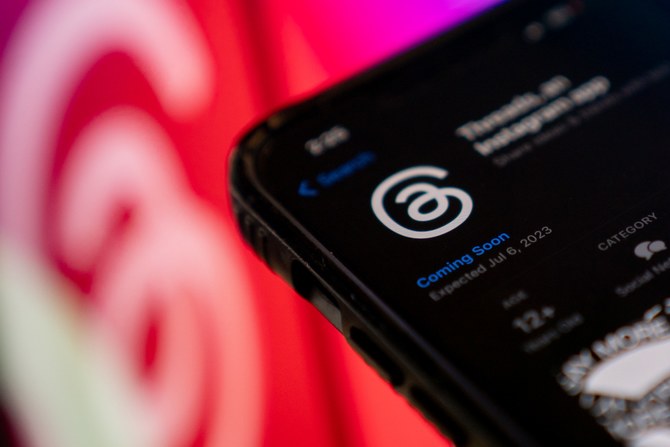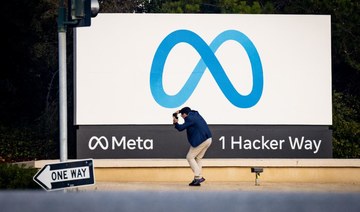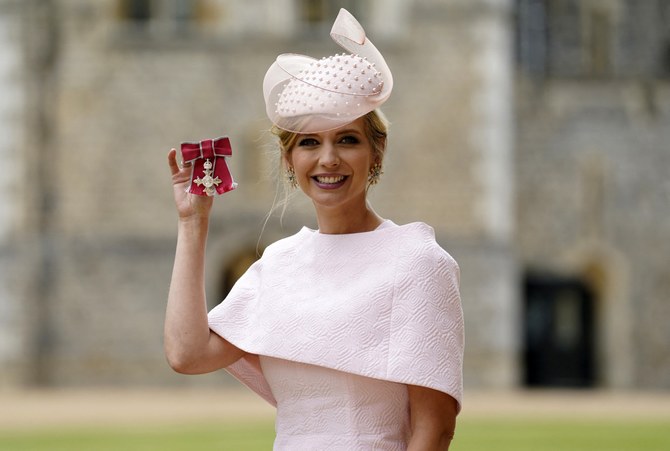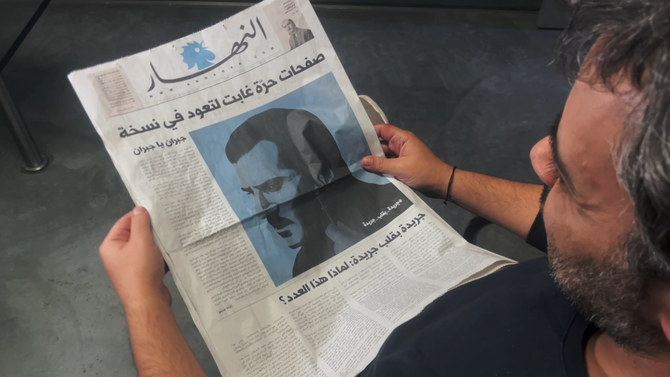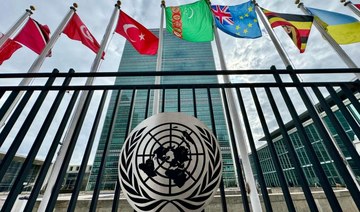DUBAI: With just over six weeks until the 2022 FIFA World Cup kicks off in Qatar, football fans around the world are eagerly looking forward to the start of the showpiece tournament.
The fact that it is taking place in the Middle East for the first time adds another layer of excitement for fans in the region. Meanwhile, those in Saudi Arabia will be keen to see how their national team fares in the group stage against Argentina, Mexico and Poland.
Not so long ago, the only way to watch World Cup games was to tune in to coverage on TV but these days there are several options, including mobile phones and tablets.
Mobile advertising company Digital Turbine carried out research to discover the preferences and plans of viewers in the Kingdom for watching the World Cup, and football in general, along with the ways in which brands interact with the audience.
Sixty percent of those surveyed said they watch football coverage at least once a week, indicating that the sport is one of the most popular in the Kingdom.
Given the range of options available for viewing, 86 percent of respondents said they plan to use more than one device to follow the World Cup, with 58 percent saying they will watch at least some of it on TV and 55 percent using their smartphones at least part of the time.
It is perhaps no surprise that 57 percent of people said they tend to spend more time using sports apps during the World Cup and similar big tournaments, often while watching games.
During matches, 24 percent of those surveyed said they intend to browse sports news apps; 23 percent will be active on social media apps; 16 percent will use mobile sports game apps; and 16 percent will be chatting on messaging apps.
It is not only fans who are interested in major sporting events such as the World Cup; they also attract the attention, and marketing budgets, of brands looking to reach as wide an audience as possible. The global advertising spend on the 2018 FIFA World Cup, for example, reached $2.4 billion, with brands expected to spend $200 million on an official sponsorship package, according to research from media company Zenith.
According to Digital Turbine’s research, most Saudis have a positive attitude toward adverting during the World Cup. Eighty percent said they would consider purchasing a product they see in an advert that airs during the tournament, with 36 percent indicating that they would do so within two-to-three days of seeing it. Meanwhile, 66 percent said they would be likely to go online to follow up on an advert shown during the World Cup and might even watch it again.
While the research suggests that World Cup audiences are generally open to adverts during the tournament, they do have certain expectations and preferences for the type of commercials. For example, 59 percent of respondents said they would prefer the adverts to be funny, while 40 percent said it is more important for them to be emotional or heartwarming.



